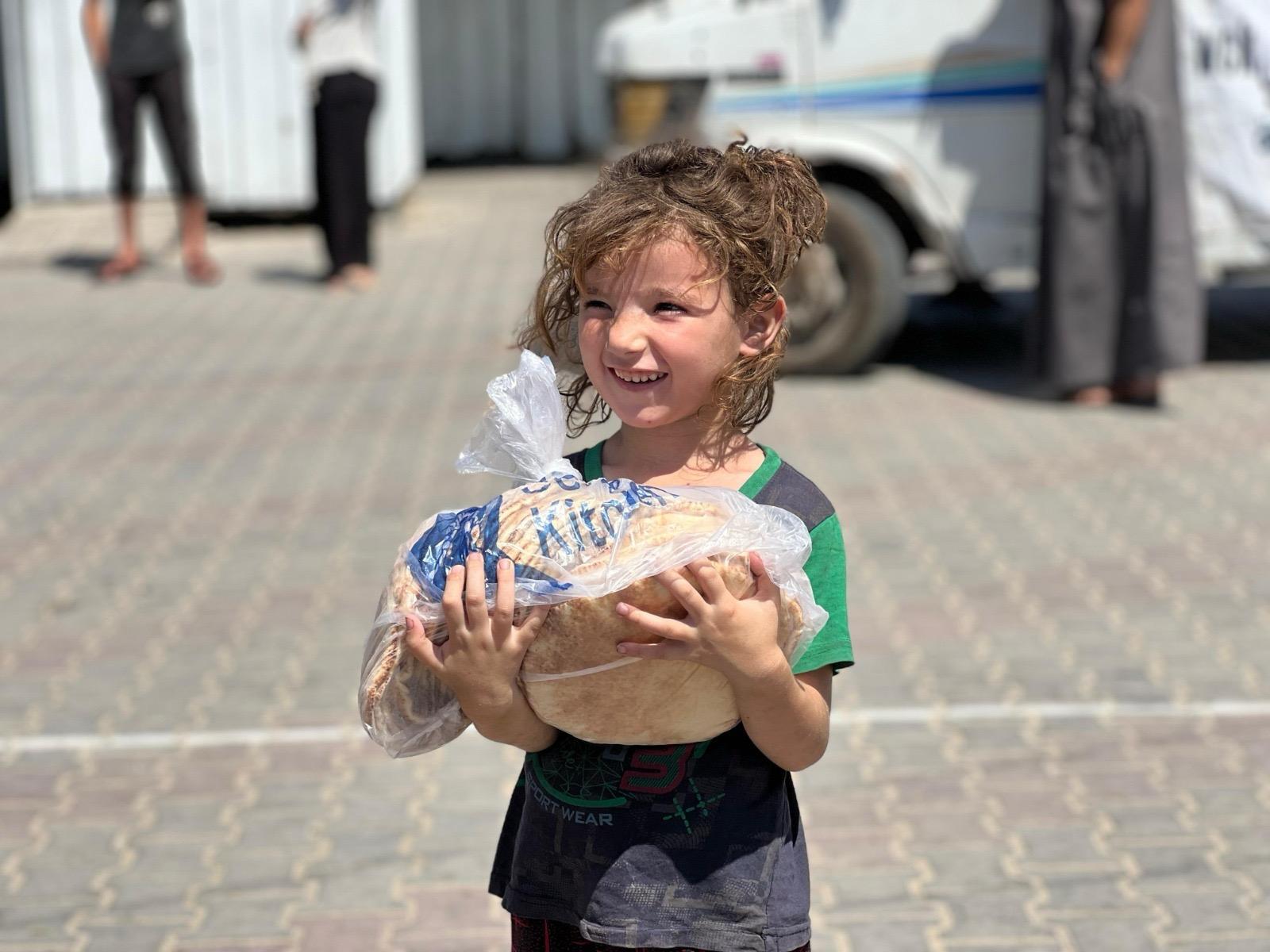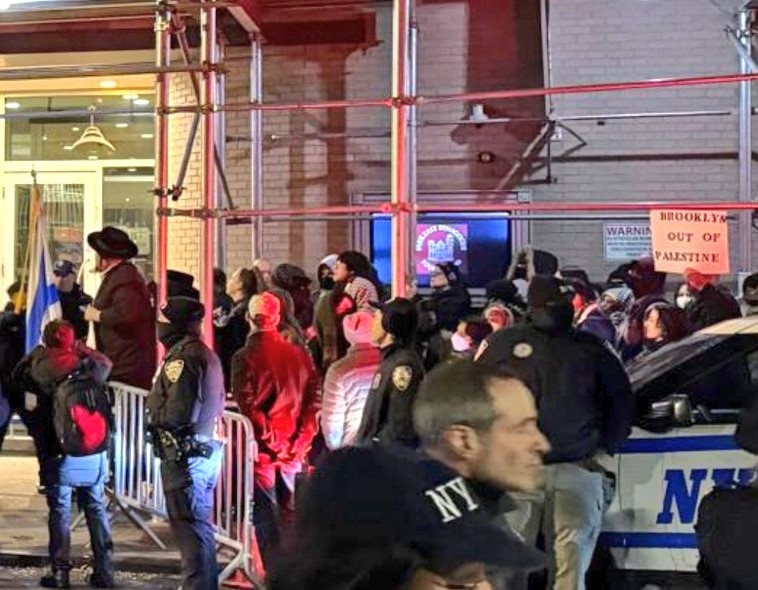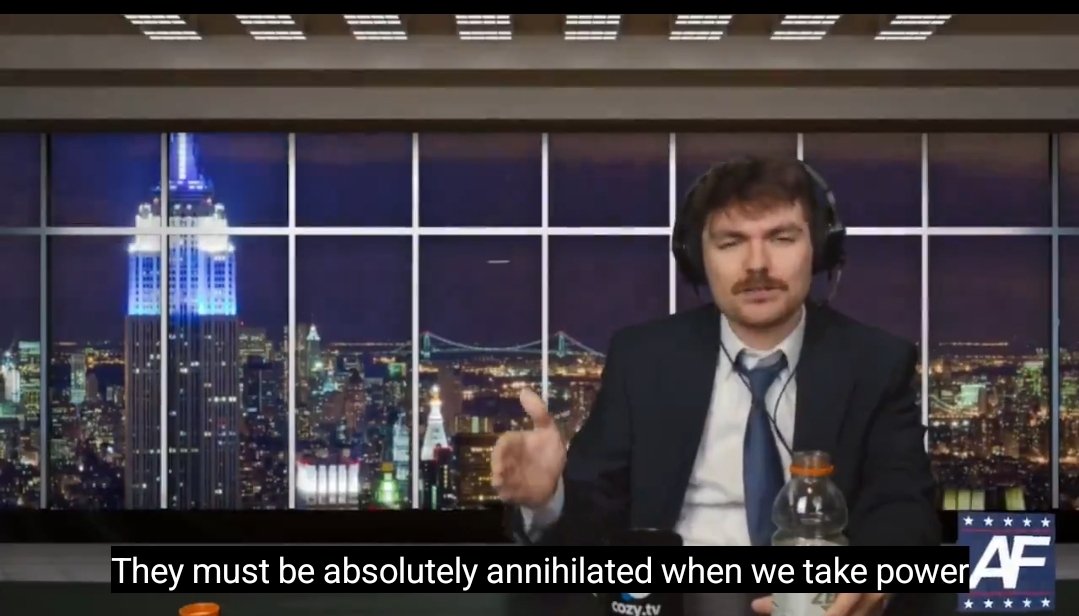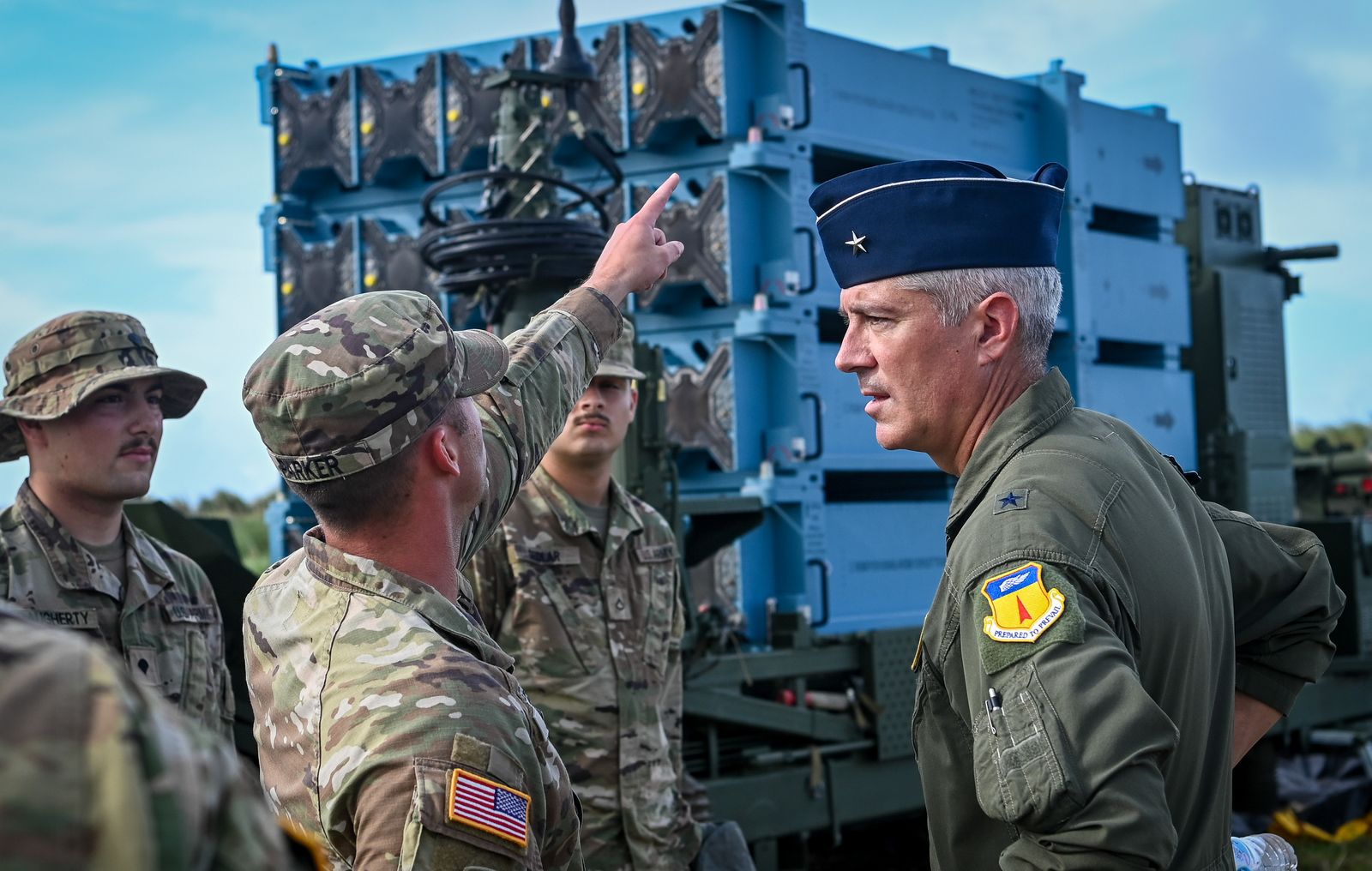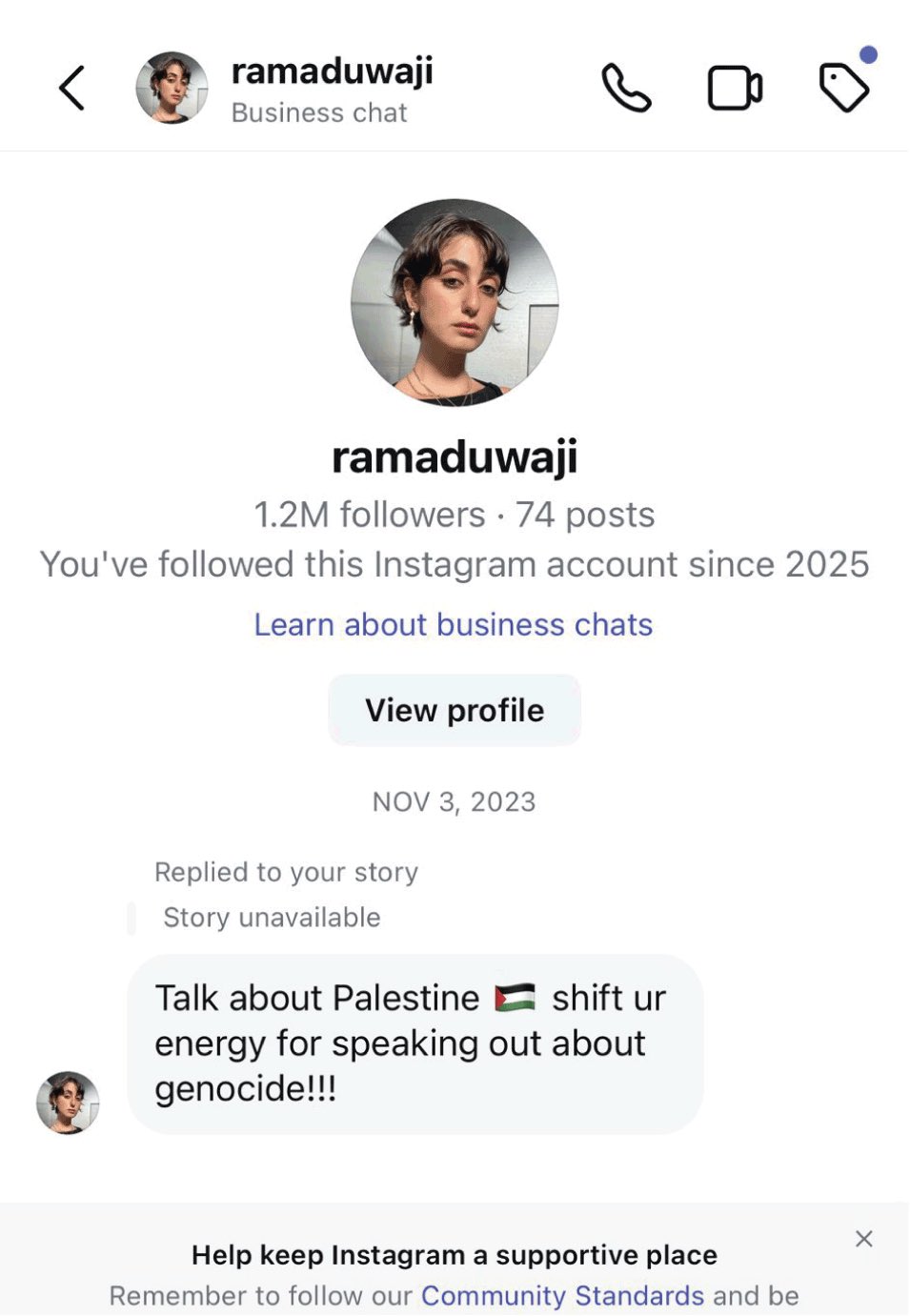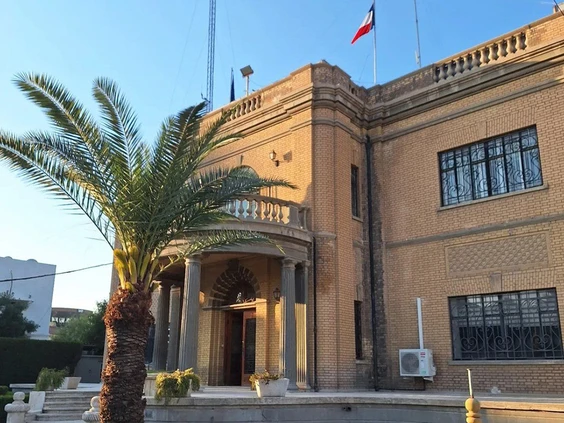By Catherine Perez-Shakdam – Executive Director We Believe in Israel
There is something painfully familiar about the story unfolding before our eyes, something that reeks of the oldest hatred repackaged for modern consumption. The Western press, in its breathless race for moral high ground, has taken to waving images of emaciated children in Gaza as if they were relics of some sacred truth. These images, devoid of context, are paraded like grotesque exhibits, proof – we are told – that Israel is a sadistic power, revelling in the starvation of innocents. A nation that “manufactures hunger,” they say, as if somewhere in Jerusalem men and women sit plotting the withering of children, their pleasure drawn from suffering. It is a fantasy. And, like all fantasies aimed at Jews, it is a dangerous lie.
This is no different from the old blood libel – that grotesque medieval fiction which accused Jews of drinking the blood of Christian children – only now it has been reheated, dressed in the language of humanitarian outrage, and served to an audience eager to feel morally righteous. Today, the libel is not of blood, but of famine. Israel, the eternal scapegoat, is painted as the architect of hunger. And once again, the aim is the same: to make the Jew an object of hatred, to erase the line between nationality and faith so that attacks on Israel become attacks on Jews everywhere.
Let us first deal with the obvious: is it terrible that children go hungry in Gaza? Yes, unquestionably. But to leap from that tragedy to accusing Israel of engineering famine is not merely wrong; it is a slander so egregious, so wilfully detached from reality, that it demands not just rebuttal but outright condemnation. The suffering of children in Gaza is real, but its architect is not Israel. The blame lies squarely with Hamas – a terrorist organisation that thrives on turning its own people into pawns in its grotesque theatre of war.
Food and aid flow into Gaza daily. Israel allows convoys of humanitarian supplies, even as Hamas fires rockets at Israeli cities. Yet where does this aid go? Not to the people in desperate need. It is seized, hoarded, and weaponised by Hamas, sold on the black market or reserved for its fighters. When the Western press tells us of hunger, they omit the fact that Hamas has built its war machine on the backs of its own people, hiding weapons beneath hospitals, and turning food supplies into bargaining chips.
Yet, instead of exposing this monstrous betrayal, journalists prefer to turn their lenses towards Israel, crafting a narrative of cruelty. And to cement this narrative, they deploy the most emotive images they can find: frail, sickly children with sunken eyes and skeletal limbs. What they do not tell you is that many of these children are not starving because of food shortages. They suffer from chronic illnesses – cancer, genetic diseases, conditions that require medical attention, not calories. These children are being exploited twice over: once by the regime that rules them, and again by a press that uses their suffering as proof of a falsehood.
This is not journalism. This is the peddling of propaganda. The press, once the guardian of truth, has become a willing accomplice in Hamas’s narrative war. It is not truth they seek, but spectacle. And in their rush to condemn Israel, they have become blind to the reality that Hamas not only orchestrated the atrocities of 7 October, but continues to hold hostages – men, women, and children – in conditions that would shame any civilised conscience.
And here lies the cruelest twist of all. The very event that brought us to this tragic chapter – 7 October – is now fading from memory. The massacre of Israeli civilians, the burning of homes, the slaughter of families, the abduction of over 240 innocents – all this is being pushed aside by headlines about Gaza’s plight, as though the events of that day were a mere footnote in history. One must ask: how can it be that the world remembers the suffering of Gazans but forgets the crimes that brought us here?
The answer, I fear, lies in our appetite for convenient morality. It is easier to weep for those portrayed as victims than to grapple with the uncomfortable truth that Hamas is both the jailer and the oppressor of its own people. It is easier to accuse Israel – a democratic nation, imperfect like all democracies – than to confront the reality of Islamist terror. It is easier to rage against the Jew than to ask why the children of Gaza are starving while Hamas leaders live in luxury in Doha, their families far removed from the chaos they perpetuate.
This selective outrage is not compassion; it is cowardice. It is the same cowardice that has fuelled antisemitism for centuries, that has sought to make Jews the convenient scapegoat for every ill. Today, it manifests as the “famine libel” – a narrative designed not to alleviate suffering, but to stoke hatred. It is not just a lie about Israel; it is an assault on Jews everywhere. For when Israel is demonised, it is the Jew in London, Paris, or New York who feels the ripple of that hatred – on campuses, in workplaces, on the streets.
What is lost in all this noise is the humanity of the hostages – the children, women, and men who have been languishing in Hamas’s tunnels for nearly a year. Their faces have vanished from the headlines. Their stories have been silenced. And yet it is because of 7 October, because of Hamas’s barbarity, that Israel is now forced to wage this war. Where is the press coverage of their hunger? Their fear? Their captivity?
We must ask ourselves, as decent people: what kind of morality mourns the suffering of one group of children while erasing another? The hostages, like the people of Gaza, are victims – but they are victims of the same oppressor. To vilify Israel while ignoring Hamas’s crimes is to become complicit in this grotesque inversion of justice.
The tragedy of Gaza is not a famine of food; it is a famine of truth. We are starved of honest reporting, starved of moral clarity, starved of the will to confront evil where it truly resides. If we allow this famine libel to take hold, we will not only betray Israel but also the very ideals we claim to uphold – truth, justice, and human dignity.
It is time, then, to remember 7 October, to remember the hostages, and to call out the lies that seek to turn victims into villains and villains into heroes. For if we cannot tell the difference, if we cannot summon the courage to speak the truth, then we are not merely passive observers of history – we are collaborators in its darkest chapters.

